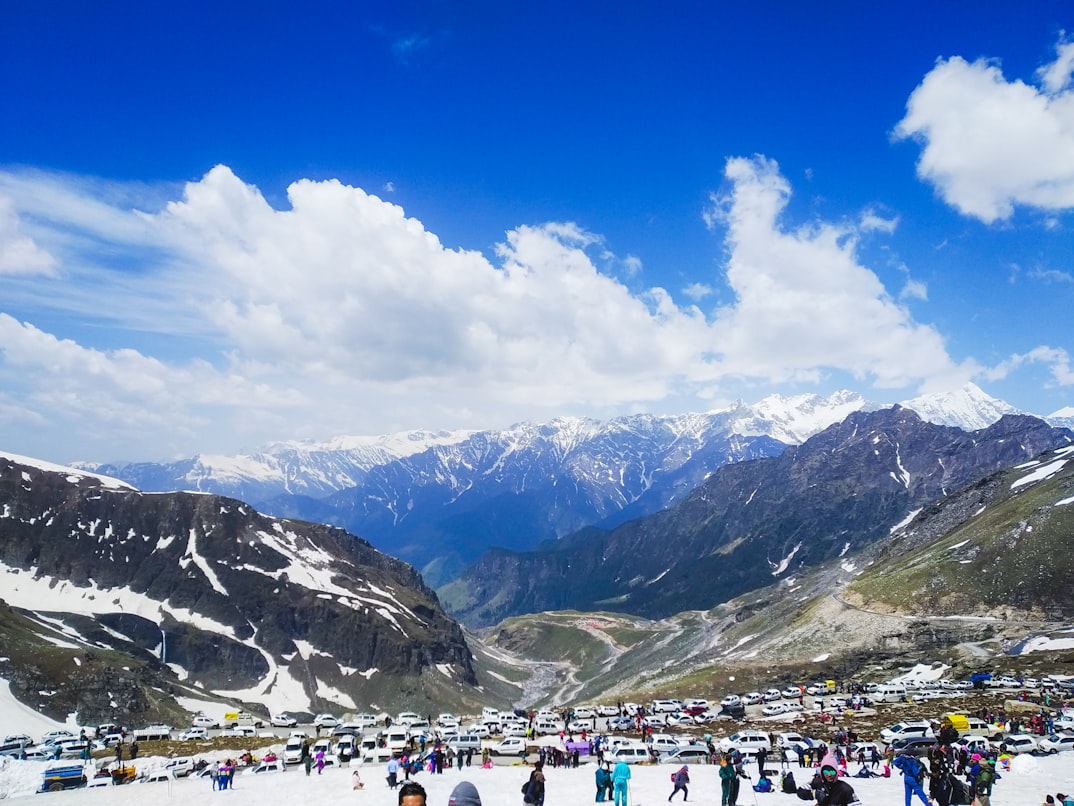The Impact Of Tourism On Rural India: Preserving Tradition While Promoting Economic Development

Tourism is a rapidly growing industry in India, and rural areas are increasingly becoming a destination for both domestic and international travelers. While tourism can bring economic benefits to rural communities, it can also have a significant impact on the traditional way of life and culture of these communities.
The Economic Benefits of Tourism
Tourism can provide significant economic benefits to rural communities in India. According to a report by the World Tourism Organization, tourism can generate income and employment opportunities for local communities, and also promote cultural preservation and environmental conservation.

Rural tourism is an increasingly popular form of tourism in India, and it can provide a number of benefits for rural communities. According to a report by the Ministry of Tourism, rural tourism can help to promote local culture and traditions, and also provide income and employment opportunities for local communities. Rural homestays and community-based tourism initiatives are examples of rural tourism that can provide these benefits.
Tourism can also provide opportunities for small businesses and entrepreneurs in rural areas. According to a report by the National Sample Survey Office (NSSO), small businesses such as restaurants, shops, and transportation services can benefit from the increased tourism in rural areas.
The Impact of Tourism on Tradition and Culture
While tourism can bring economic benefits to rural communities, it can also have a significant impact on the traditional way of life and culture of these communities. According to a report by the Ministry of Tourism, increased tourism in rural areas can lead to the commercialization of traditional culture and the displacement of local communities.
One of the main concerns is that tourism can lead to a loss of traditional culture and practices. According to a report by the Ministry of Tourism, increased tourism in rural areas can lead to the commercialization of traditional culture, as local communities may feel pressure to alter or exaggerate their cultural practices to appeal to tourists. This can lead to a loss of authenticity and erosion of the traditional way of life.
Another concern is that tourism can lead to the displacement of local communities. According to a report by the Ministry of Tourism, increased tourism in rural areas can lead to the development of tourist infrastructure, such as hotels and resorts, which can displace local communities and lead to a loss of traditional land use.
Preserving Tradition and Promoting Economic Development
To preserve tradition and culture while promoting economic development, it is important to involve local communities in the tourism development process. According to a report by the Ministry of Tourism, community-based tourism initiatives, such as homestays and village tourism, can help to promote local culture and traditions, and also provide income and employment opportunities for local communities.
It is also important to ensure that tourism development is sustainable and does not negatively impact the environment. According to a report by the Ministry of Tourism, sustainable tourism development can help to preserve natural resources and promote environmental conservation.
Involving local communities in the development and management of tourism infrastructure, such as hotels and resorts, can also help to ensure that tourism development is sustainable and benefits local communities.
Furthermore, it is important to educate tourists about the culture and traditions of rural communities, so they can have a deeper understanding and respect of the local culture they are visiting. This can be done by providing information on local culture and customs, as well as by involving local communities in the tourism experience, such as through cultural activities and local guides.
In conclusion, tourism can provide significant economic benefits to rural communities in India, but it can also have a negative impact on traditional culture and way of life. To preserve tradition and culture while promoting economic development, it is important to involve local communities in the tourism development process. By balancing these considerations, tourism can be a valuable tool for promoting economic development in rural India, while preserving traditional culture and way of life.





